Our path to sustainable world
sustainability (oryginał)

The most crucial topics for Wise Habit


3 – Linear production models

4 – Decline in transparency
Needs & expectations of our stakeholders
Conducting a comprehensive stakeholder analysis ensure that we address the needs and expectations of each stakeholder group, fostering meaningful relationships delivering sustainable products. Our stakeholders include the planet itself, as we recognize the importance of environmental impact in all our endeavors. Employees are another vital stakeholder group, as their well-being and engagement directly influence the success of our initiatives. Customers play a central role in shaping our products and services, driving innovation and satisfaction. The creative industry influences our design processes, while our B2B clients shape our business strategies and partnerships.
We are committed to engaging and supporting our local community, recognizing their role as stakeholders with a vested interest in our activities. Suppliers, partners, and artisans are another essential part of our supply chain enabling high-quality, sustainable products.
The most significant sustainability issues
Our strategy is crafted around topics crucial to us, representing the most significant sustainability issues influenced by Wise Habit. Delving into our stakeholders' perspectives, we explored the beneficial contributions we offer them, their expectations of us, and the areas where positive changes can be envisioned. Following this analysis, we identified the most critical challenges relevant to our activities, among others as climate crisis, abuse of resources, waste, consumerism, mental health crisis and demographic shifts.
As a result, we identified and organized material topics into four key areas: unsustainable design, unsustainable production, unsustainable consumption and unequal society. Those are four challenges we aim to address on a way to a more equitable, resilient and prosperous world.
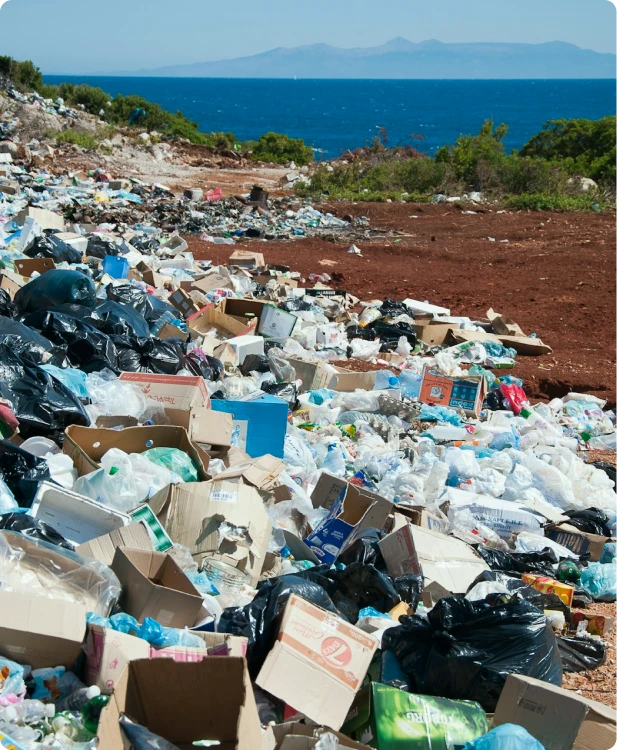

Challenges we aim to address

Today we need about 1.75 planets to provide the resources for our consumption and absorb our waste.
By 2030, we will need 2 planets.
We only have one.
Source: The World Counts
The SDGs are a comprehensive and ambitious plan of action to address a wide range of global challenges, including ending poverty and hunger, ensuring healthy lives, quality education, achieving gender equality, providing clean water, promoting sustainable economic growth, decent work, and combating climate change.
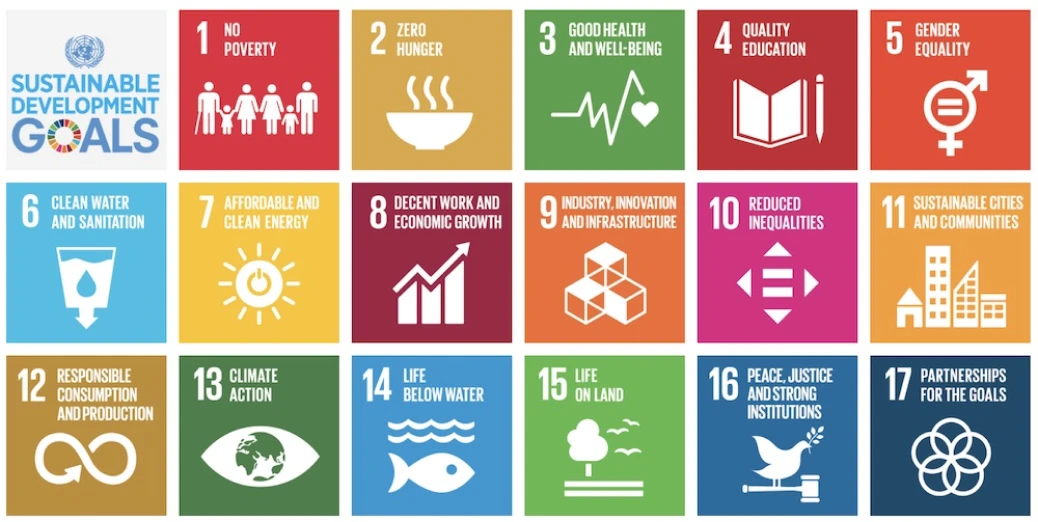
Source: https://sdgs.un.org
Main goals for Wise Habit
We aspire to contribute to these goals by fostering a fair and inclusive workspace, implementing circular economy strategies, promoting sustainable design, and ensuring responsible production practices. We are willing to create the path to a more equitable, resilient, and prosperous world for the next generations.
Responsible Production & Consumption is the main goal for Wise Habit to contribute, as it lies at the heart of our mission. As entrepreneurs, we deeply understand and embrace our responsibility to address the challenges of overproduction and overconsumption.
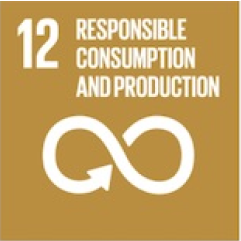
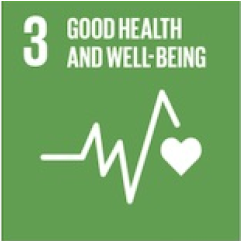
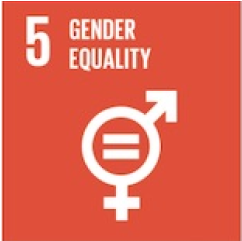
Goals we are willing to contribute to
1 – Responsible Consumption and Production (12)

2 – Good health and Well-being (3)

3 – Gender Equity (5)

4 – Decent Work and Economic Growth (8)

5 – Industry, Innovation and Infrastructure (9)

6 – Climate Action (13)

7 – Partnerships for the Goals (17)
To design products in a way that minimises their impact on the environment
To use Wise Habit as a platform to spread awareness
To build community around Wise Habit and share know-how
To calculate, reduce and compensate for Wise Habit’s carbon footprint
To map out and constantly improve Wise Habits supply chain
To foster positive organizational culture for all employees

